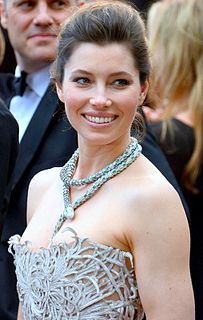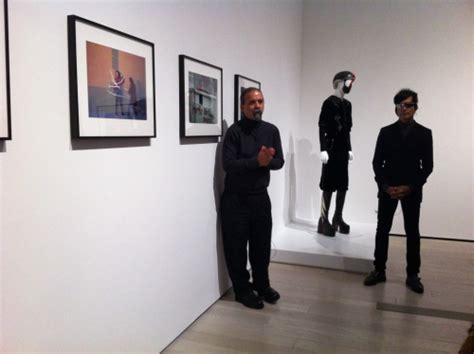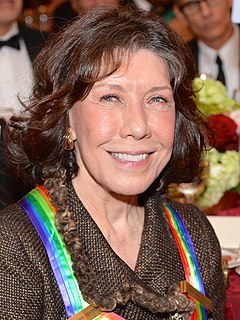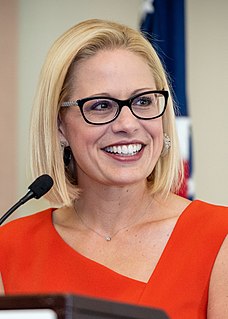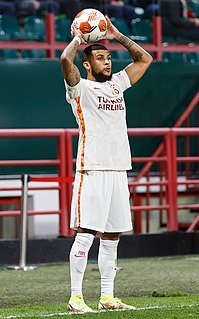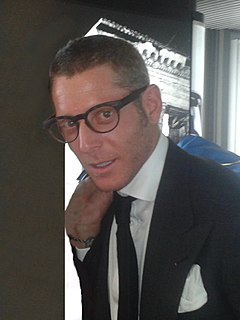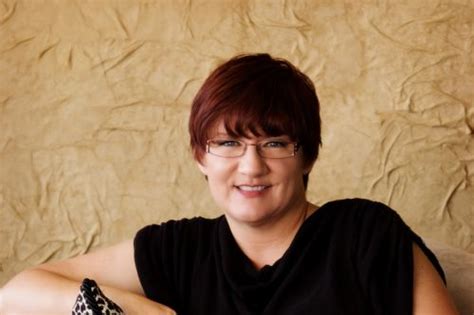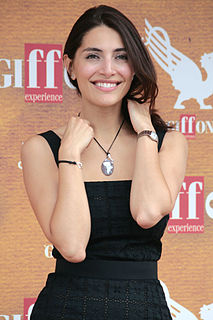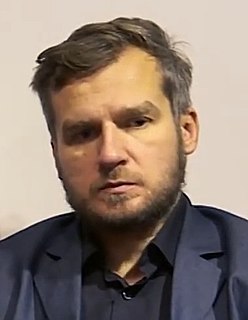A Quote by Tony Curtis
My parents were Hungarian immigrants; my father was a tailor and we lived in the back of a tailor store. And that was my first inkling of what it was like to be raised in America. It had a profound effect on me - I saw different people coming in all the time with different attitudes and I liked it. And as I grew older, I found that I was able to use something inside of me to get some sympathy if I wanted it. I used to shine shoes, and I would use a waif-like look. I'd get a dime and I'd be as happy as could be.
Quote Topics
Able
America
Attitudes
Back
Coming
Could
Different
Different Attitude
Different People
Dime
Effect
Father
First
Found
Get
Grew
Had
Happy
Hungarian
Immigrants
Inside
Like
Liked
Lived
Look
Me
Older
Parents
People
Profound
Raised
Saw
Shine
Shoes
Some
Something
Store
Sympathy
Tailor
Time
Use
Used
Wanted
Were
Would
Related Quotes
Learning how to shine a pair of shoes to me was like if you could do, you were like you were on your way to having abilities and skills as to be able to spit-shine a pair of shoes like they're patent leather. You're a bad dude. To spit-shine a pair of shoes. So, even to that small detail, that aided me and assisted me in becoming the artist that I am. My uncles' sense of style, their type of ties they used. The way they wore their suits, big and huge and baggy. The way they did their haircuts with the side burns. All of that.
I guess the biggest thing I had to get used to was people staring. At first it was like, 'Am I wearing something odd? Is there something on my face?' It was kind of weird because when I go to the grocery store, people, they're not necessarily coming up to me asking for a photo, they just... look at me.
We all have those dreams of going back in time and seeing what it was like when our parents were younger. Maybe we don't all have that dream. I don't know. Getting to role play or step back to a different moment in time and see things through a different lens is something that resonated with me, for sure. We don't get to do that, generally, but when the right neurological disorder lines up with the right unstable woman, that moment presents itself. Getting to know where we come from is a really profound way of getting to look at who we are.
I didn't really have an interest in politics when I first entered the workforce. What I wanted to do was help people who grew up like me. When I was a kid growing up in Tucson, my father lost his job and we lost everything - including our home. We lived in an abandoned gas station for two years until we were able to get back on our feet.
I always had an affinity for older people. I had a job delivering newspapers, and one place I had to go was an old people's home. Some people would introduce you to their neighbors as if you were a nephew or grandson. They didn't get many visitors, so they acted like you were coming to see them. And that stuck with me for a long time.
The story I always recite - and have had to recite so many times over the years to different lawyers and different people within Universal - is that the business end of Mo'Wax was basically, like, 'Give us the big ones samples first, and we'll see how we get on.' And I gave them the six or seven that were, to me, the ones that were the scariest, and the biggest use. It wasn't about the big names, necessarily - although that played into it a bit, with people like Bjork and Metallica.
I couldn't really tell if it was a different childhood because I was used to it, it was kind of normal to me. The only time I remember it felt a bit odd was when I went to other people's houses and they were calling people 'dad.' I wouldn't get that. But my uncle, who also lived with me, was a father figure.
It was life under the Soviet system - we were struggling with every big problem. Publicly, my parents had to queue up to buy food, but were able to live secret lives in their private rooms. With the TV set in the living room, we were able to see Western pop culture -a different reality from what we were living. For me, it was like two different universes existed at the same time, and we got used to being in these parallel universes.

